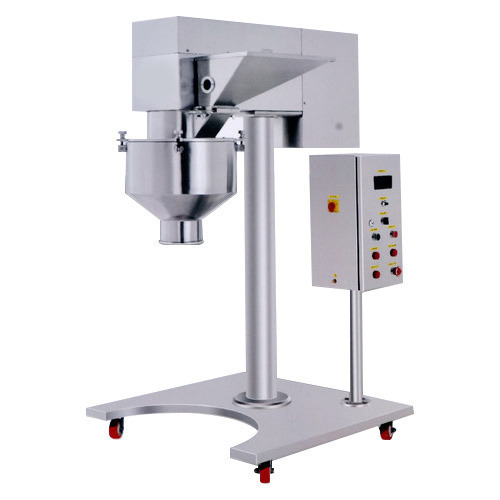In today’s’ blog, let’s discuss the impact technology has done on chemical industries’ processing. It basically means how technology has modernized and replaced conventional manufacturing as well as processing techniques. Just like it is said, “Adapt to change”.
Companies have always strived hard to get their hands on the latest technology in order to improve the quality as well as the efficiency of our chemical products. In today’s world, the term “rising technology” refers to the use of technologies like artificial intelligence, robotics as well as the “internet of things” which tend to advance the manufacturing process leading to efficiency in the process making it simpler for manufacturing chemicals.
Industry location also plays an important role in implementing new technologies. A country where labor is cheap could be an advantage for the industry whereas in developed countries, which are already dominating the global manufacturing industries. Countries such as the USA, Europe, and other developed countries are making a lot of investments in the “artificial intelligence” markets. According to a study, 60% of the sales were concentrated in Germany, Japan, the USA, and China.
Well, in the case of chemical industries they are undergoing a serious change in terms of the manufacturing process, there is a continuous rise of challenges in the long run. Due to the ever-increasing pace of innovations in the chemical industry, there’s a constant battle between various chemical industries.
Only the organization with the right mindset and the ones adapting to new manufacturing technologies have a probability of surviving in the long run. It is important for organizations to improve their business models according to the situation and test out which model works best for their organization according to their structure.
Implementing these new technologies not only in manufacturing processes but also in other activities like storing, distribution, and logistics in the right way is necessary.
One of the factors that affect the manufacturing industry in a good way is the “Internet Of Things”, as we discussed above. Implementing IoT in industries may have a higher bunch of advantages such as cost reduction, increased efficiency, the innovation of new products, and so on.
Roughly 60 % of the manufacturers believe that implementing IoT could increase profitability by the next 5-6 years by making strategic decisions using real-time information provided by IoT. Applying for IoT devices brings a lot of advantages to the industry.
Change in the business model plays an important role in boosting companies’ profit and brings in a lot of benefits.
Another trend that really worked for some organizations is the shifting of business models from B2B(Business to Business) to B2B2C(Business to Business to Consumer). Here strategy includes selling things directly to the customer at full manufacturer’s suggested retail price (MSRP) instead of wholesale prices. Another benefit includes that there won’t be any third party to sell the products which makes it quite difficult for competitors to misinterpret your products. Selling directly to the consumer gives information about the customers creating a stronger bond between manufacturers and customers. Here in this model, since it is business to consumer, organizations can reinforce their prices accordingly.



